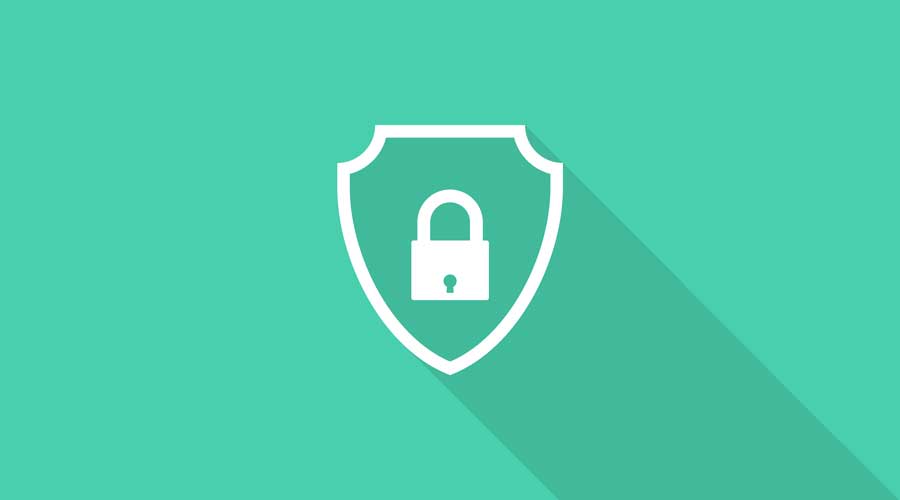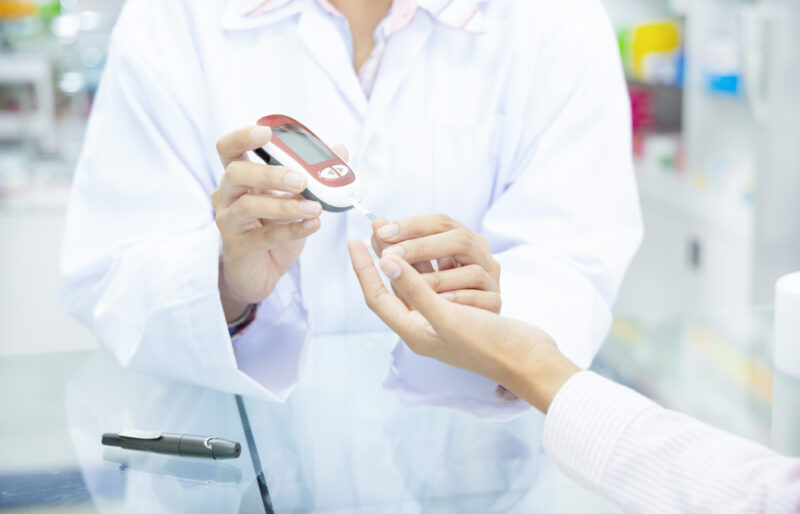Any business is at risk for data theft. But, as an independent community pharmacy, your data may contain even more sensitive information than others.
Your private files are full of patients’ health and prescription records, payment information and other sensitive data. A security breach could cost your pharmacy a large sum of money to recover from the incident. It also violates the standards of the Health Insurance Portability & Accountability Act (HIPAA) and can diminish patients’ trust in your business.
Here are five ways you can protect your pharmacy from data theft, adapted from tips by The Hartford, which helps small businesses with property security, liability and workers compensation insurance.
1. Use secure passwords
A simple solution to minimize the potential for data theft in your pharmacy is securing your passwords.
Require each of your pharmacy employees to create a unique username and a strong password for logging in to your pharmacy’s computers. For example, less complex passwords open up chances for your computers to be hacked.
Changing passwords on a regular basis is also a good idea. Keeping the same password for long periods of time makes it easier for hackers to access your files, and it also makes it easy for previous employees to retrieve sensitive information.
2. Lock up sensitive files and information
Not all of your pharmacy’s private information is stored in a computer. Paper files or handheld storage devices, such as USB thumb drives can also contain sensitive data.
Store private files in a secure space, such as a locked cabinet or drawer. Restrict access to the secured space to only employees who need access to the information.
3. Be cautious of what you throw away
It’s a good idea to purchase a paper shredder to appropriately dispose of any documents containing sensitive information. Also, be sure that you don’t just toss anything into the trashcan. Prescription bottles that were never picked up by patients, or anything labeled with sensitive information should be disposed of properly to avoid a HIPAA violation.
4. Update your technology systems
Outdated technology systems may put your pharmacy at risk for a potential data breach.
Protect your pharmacy’s sensitive data by continuously updating your computer systems and installing antivirus software.
Safeguarding your network access is another security measure to remember. If your pharmacy’s computer systems operate via a Wi-Fi network, it’s crucial that your Wi-Fi is private not public, and that your password is intricate. Encrypting your pharmacy’s private data also a good security practice.
5. Train your employees
Train your pharmacy’s employees on your standards and protocol for preventing data theft.
Actively ensure that your employees are practicing these policies by educating them during your staff meetings. Limiting access to private information to only specific members of your pharmacy team is another aspect to consider.
Data theft isn’t the only form of theft your pharmacy needs to worry about. Secure your pharmacy from break-ins with a cutting-edge security product, such as SmokeCloak®.












